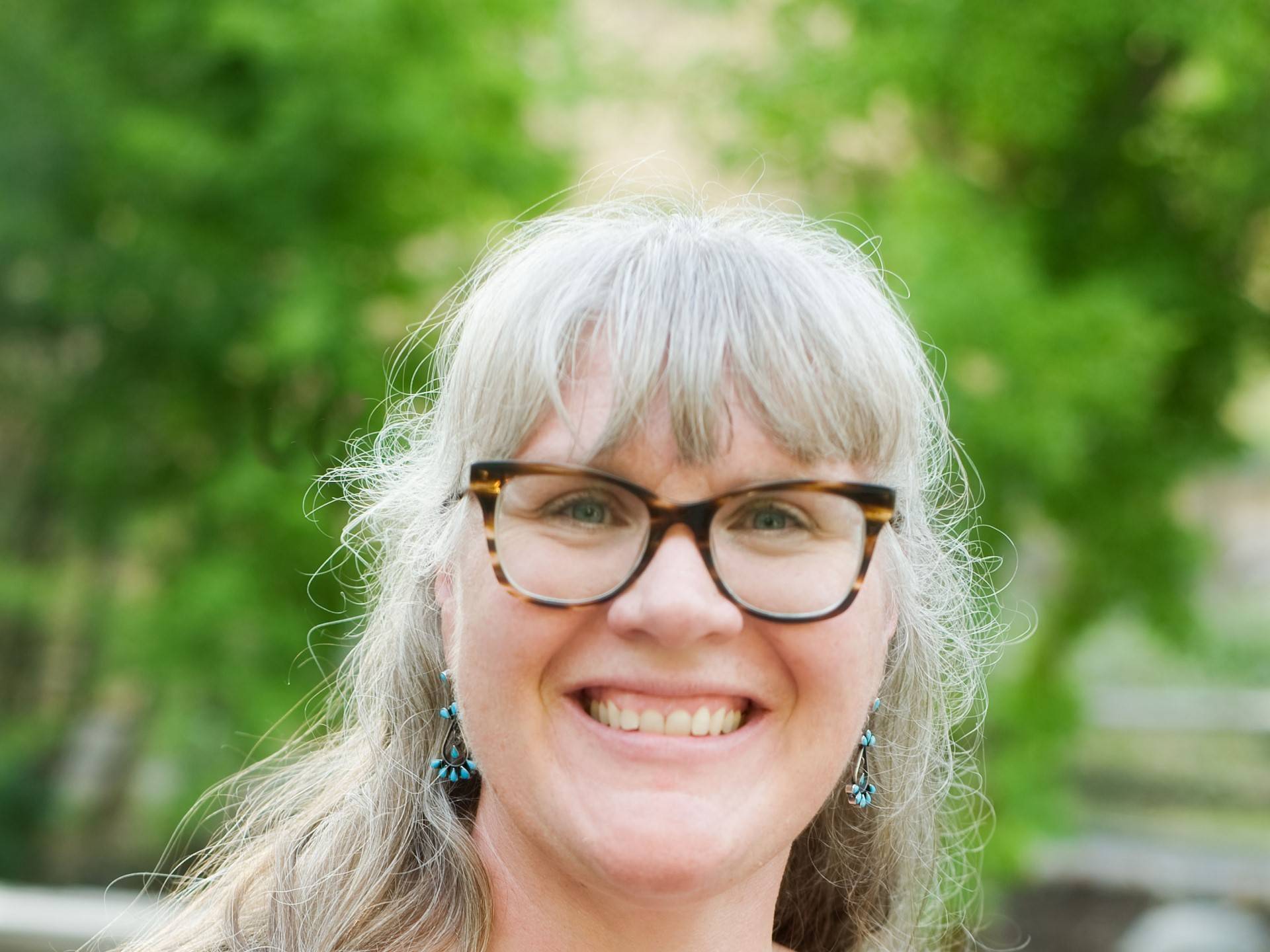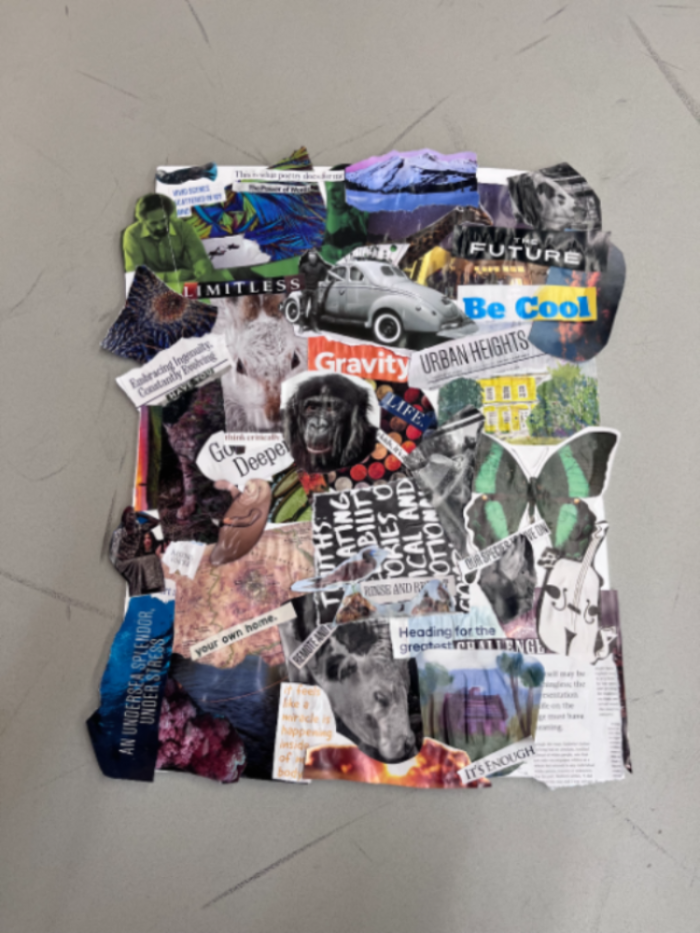Our theme this year is meant to showcase the ways in which the natural environment never is one thing, but presents itself quite differently to different individuals and institutions depending on what goals, activities, experiences and perspectives they bring to their interaction with the environment. Examples of such perspectives would be economic/business perspectives, artistic perspectives, sustenance/recreational perspectives (hunting/fishing/foraging/gardening/farming), scientific perspectives, or public policy perspectives.
CB-511
UYES is a predominantly youth-of-color-led organization that empowers young people in Utah to mobilize around climate and environmental issues through legislation, education, and action.
Their mission is to connect young people to environmental advocacy by cultivating reciprocal relationships between youth, environmental organizations, and community leaders. They utilize systems-based thinking to pragmatically address local environmental issues and increase youth access to political engagement.
UYES leads campaigns to decouple the education system from fossil fuels, transition Utah school districts to 100% renewable energy, and address pressing water management concerns in Utah and the greater Southwest, with an emphasis on protecting the Great Salt Lake.
The David R. Keller Sustainability Prize will fund their annual Environmental Justice Training Program, which educates students about climate change and equips them with the tools they need to catalyze solutions in their communities. Students learn from scientists, grassroots organizers, and Tribal leaders about regional environmental issues, and practice tangible skills to support the movement in achieving environmental justice. Over the course of the program, participants have the opportunity to plan and implement an environmental action with guidance and support from UYES mentors. At the end of the program, graduates are supported in joining or starting a UYES campaign and using their skills to organize for environmental justice over the long term.
Pizza will be served during this session
CB-511
Chad W. Linebaugh
Present & General Manager
Sundance Mountain Resort
Ben Stireman
Forestry, Fire, and State Lands
Moderated by:
Hilary Hungerford
Associate Professor of Geography, UVU
CB-511
George Handley
Professor of Interdisciplinary Humanities
Brigham Young University
Kerry Soper
Professor, Department of Humanities
Classics, and Comparative Literature
Brigham Young University
Moderated by:
Kristina Gibby
CB-511

Danielle Endres
Professor of Communication,
University of Utah
Moderated by:
Maria Blevins
Associate Professor of Communication, UVU
Danielle Endres is a Professor of Communication and Director of the Environmental
Humanities Program at the University of Utah. Her research areas are Environmental
Communication, Indigenous Communication, and Rhetorical Studies. Her research projects
focus on the rhetoric of environmental and science controversies including nuclear
waste siting decisions, climate change, and energy transitions. Her work is guided
by principles of environmental justice and focuses on how underrepresented and marginalized
groups, particularly Native peoples and nations, engage in environmental advocacy
and activism.
Endres is the author of Nuclear Decolonization: Indigenous Resistance to High-Level Nuclear Waste Siting (forthcoming November 2023).
CB-511
Kristina Gibby
Assistant Professor of Humanities, UVU
Brock Jones
Assistant Professor of English and Literature
Michael T. Stevens
Professor of Biology, UVU
Moderated by:
Thomas Bretz
Faculty Fellow for Environmental Ethics, UVU
CB-511
Pizza will be served
Moderated by:
Brock Jones
Assistant Professor of English and Literature
Work that was created during this session:

